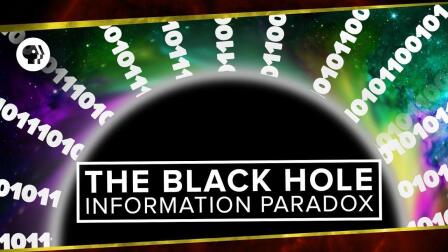Back to Show
PBS Space Time
How Gaia Changed Astronomy Forever
Season 4
Episode 24
The great advances in any science tend to come in sudden leaps. April 25th of 2018 marks the beginning of just such a leap for much of astronomy. In the early hours of the morning, the Gaia mission’s second data release dropped. Our understanding of our own galaxy will never be the same again.
Support Provided By

13:28
Black hole complementarity may force us to rethink what it means to say that it exists.

20:15
To travel the stars without faster than light travel we’re going to need a generation ship.

16:19
Today we are jumping into a black hole. Again.

15:36
The Moon: humanity’s first destination beyond our atmosphere.

15:07
So how did humans figure out the solar system? Eclipses!

15:02
Is gravity just an emergent effect of entropy?

14:28
Is our 3-D universe is just the inward projection of an infinitely distant boundary?

14:12
What if aliens are deliberately keeping quiet for fear that they might be destroyed?

15:13
So what exactly is an EMP, and how dangerous are they?

14:44
The terrible singularity at the heart of the black hole may be no more.

14:33
We may have solved the mysterious origins of supermassive black holes in our universe.

16:30
Does antimatter fall down, or does it fall up?











